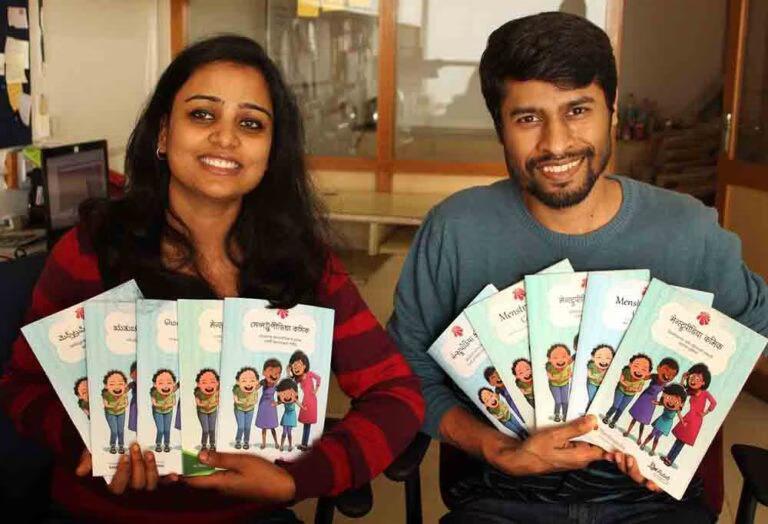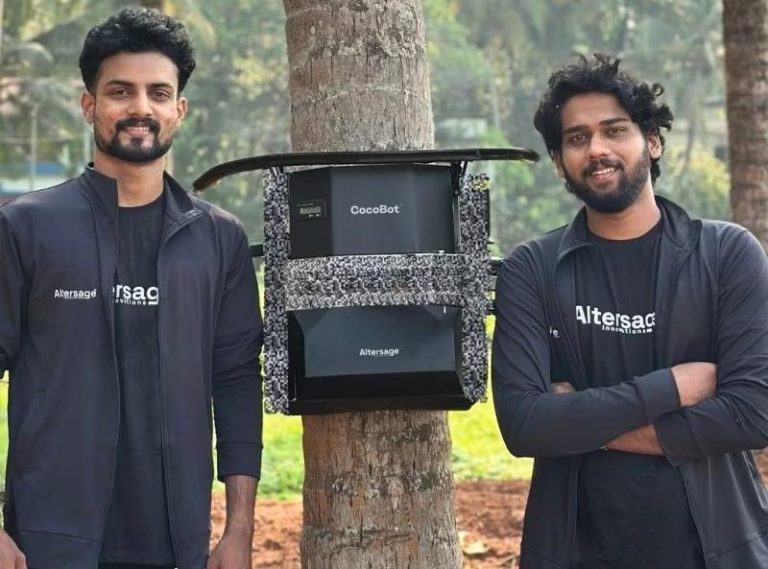
VCs in India invest in things they wouldn’t lose money on: Aravind
In a recent interview, Perplexity AI CEO Aravind Srinivas threw some light on the mindset of venture capitalists (VCs) in India. According to him, VCs in the country are still very risk averse and prefer to invest in projects that are less likely to lose them money. This mindset, he believes, is a major obstacle to innovation and growth in the startup ecosystem.
Srinivas’ statement is a stark reality check for the Indian startup ecosystem, which has been growing rapidly over the past few years. While there have been many success stories, there are also numerous examples of startups that have struggled to raise funding or have had to shut down due to a lack of support.
The CEO of Perplexity AI, a company that uses AI to analyze and improve customer service, believes that VCs in India are too cautious and prefer to invest in projects that are low-risk and have a high degree of certainty. This, he argues, stifles innovation and hampers the growth of the startup ecosystem.
Srinivas attributes this risk aversion to the fact that many VCs in India are still early in their careers and are trying to build a reputation for themselves. As a result, they are more likely to invest in projects that are easy to understand and have a high degree of certainty, rather than taking a chance on something new and innovative.
He also believes that this mindset is driven by the fact that many Indian VCs are still influenced by the traditional way of doing things. “In the US, VCs invest in startups and take a chance on them,” he said. “But in India, VCs are more like angel investors. They invest in startups, but they also want to make sure they get their money back.”
Srinivas’ comments are not without merit. The Indian startup ecosystem has faced numerous challenges in the past few years, including a lack of funding, regulatory hurdles, and a shortage of skilled talent. Many startups have struggled to raise funding, and some have had to shut down due to a lack of support.
However, it’s not all doom and gloom. There are many VCs in India who are taking a more risk-based approach to investing. These VCs are willing to take a chance on startups that have the potential to disrupt entire industries, even if there’s a high degree of uncertainty.
One such VC is Kunal Bahl, the co-founder and CEO of Snapdeal. Bahl has been vocal about the need to take more risks in the startup ecosystem and has invested in several startups that have the potential to disrupt the e-commerce industry.
Another VC who is taking a more risk-based approach is Anand Chandrasekaran, the co-founder and managing partner of Saama Capital. Chandrasekaran has invested in several startups that have the potential to disrupt the healthcare and education industries.
In conclusion, Srinivas’ comments highlight the need for VCs in India to take a more risk-based approach to investing. While it’s true that many startups have struggled to raise funding and have had to shut down due to a lack of support, there are also many examples of startups that have succeeded with the right backing.
As the Indian startup ecosystem continues to grow and evolve, it’s essential that VCs take a more chance-based approach to investing. This will allow them to support startups that have the potential to disrupt entire industries, even if there’s a high degree of uncertainty.
Source: https://x.com/moneycontrolcom/status/1909843066862944448






